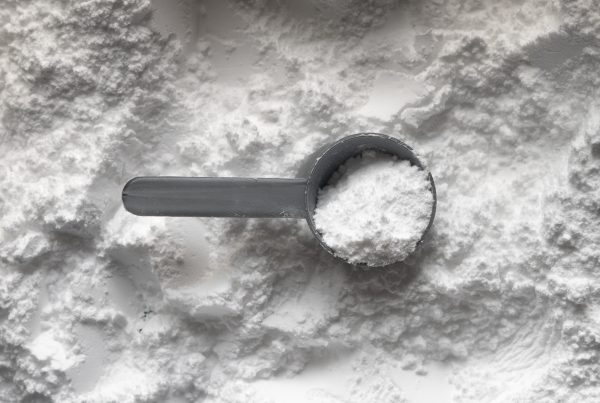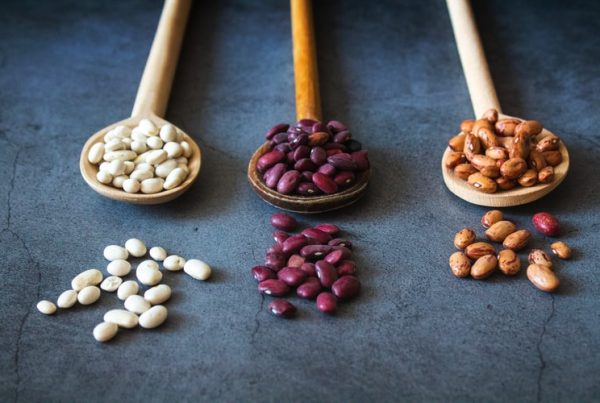
Each year, the week after the 12th of October is dedicated to the well-being of bones and joints and prevention of their diseases. This global event emphasizes how important is an early diagnosis of difficulties and disorders connected with our musculoskeletal system, such as arthrosis, rheumatoid diseases, osteoarthritis, or osteoporosis. According to the Institute of Health Information and Statistics of the Czech Republic, musculoskeletal disorders are one of the most common causes of long-term incapacity to work lasting approximately 2 months on average. The Bone and Joint Action Week organized by the United Nations and the World Health Organization is held annually from the 12th of October.
Some of the causes of development of joint and bone diseases are heredity, obesity, unhealthy eating habits, or a sedentary lifestyle. Causes of musculoskeletal disorders may also start in childhood because of incorrect body motions that lead to muscle imbalance resulting in a body posture disorder.
Preventing musculoskeletal disorders
- Maintain your optimal body weight, excess weight uselessly burdens our musculoskeletal system.
- Profit from regular physical activity and stretching but beware of excessive overload.
- Nowadays, many of us spend a lot of time sitting in front of a computer, therefore pay attention to your sitting position. The height of the chair must allow you to have both feet touching the floor completely, hips must be slightly higher than your knees and you should avoid slouching.
- Keep yourself warm. Especially back pain may be caused by cold.
- Enjoy massages not only of your muscles but also of your joints, using supportive body gels.
- Prevention also includes sufficient protein intake that ensures normal bone condition.
- Make sure you consume enough micronutrients. Some vitamins and minerals may support optimal bone condition and collagen production.
Beneficial vitamins and minerals:
Vitamin C
Vitamin C is best known for its antioxidant effects and for its ability to support our immune system. Furthermore, it optimizes collagen production that is vital for normal function of blood vessels, bones, cartilage, gums, skin, or teeth. It also helps us reduce fatigue and exhaustion and absorb iron. Vitamin C naturally occurs in fermented cabbage, fruit, vegetables and in potatoes, making them an important source of vitamin C for Czechs as they consume them as a side dish very frequently.
Vitamin D
We all remember to be told as children to eat enough calcium and vitamin D to support our bones in growing and developing. This vitamin is also essential for proper functioning of the immune system. The lesser-known effect is the ability to maintain normal muscle functions. Vitamin D is found in fish and their by-products, egg yolk, and other foodstuffs that are often enriched with vitamin D, such as milk, soy milk, or selected cereals. Our skin is also capable, thanks to the UVB sun rays, of producing vitamin D3.
Calcium
As already mentioned, calcium is necessary for normal bone and teeth condition. It also helps prevent mineral loss from bones for women after menopause, optimizes muscle functions, and supports normal energy metabolism. Calcium naturally occurs in milk and dairy products, poppy seeds, some legumes, nuts, and seeds.
Copper
The importance of copper for our organism is not that well-known as majority of population does not suffer from its deficiency. Nevertheless, it is good to know that copper helps us maintain normal connective tissue, optimizes transport of iron in our body, and protects our body cells from oxidative stress. Copper naturally occurs in intestines, meat, cereals, fish, or in chocolate.




















Recent Comments